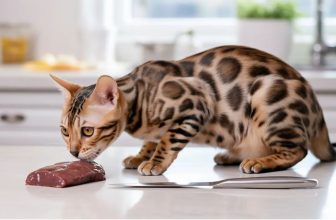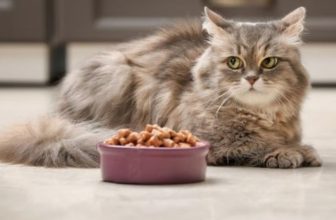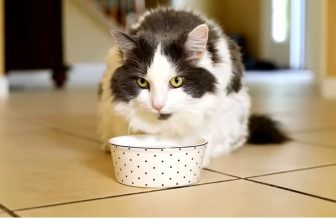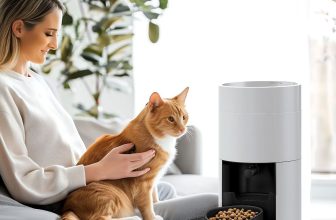What Can Cats Not Eat? Best Guide to Unsafe Cat Foods
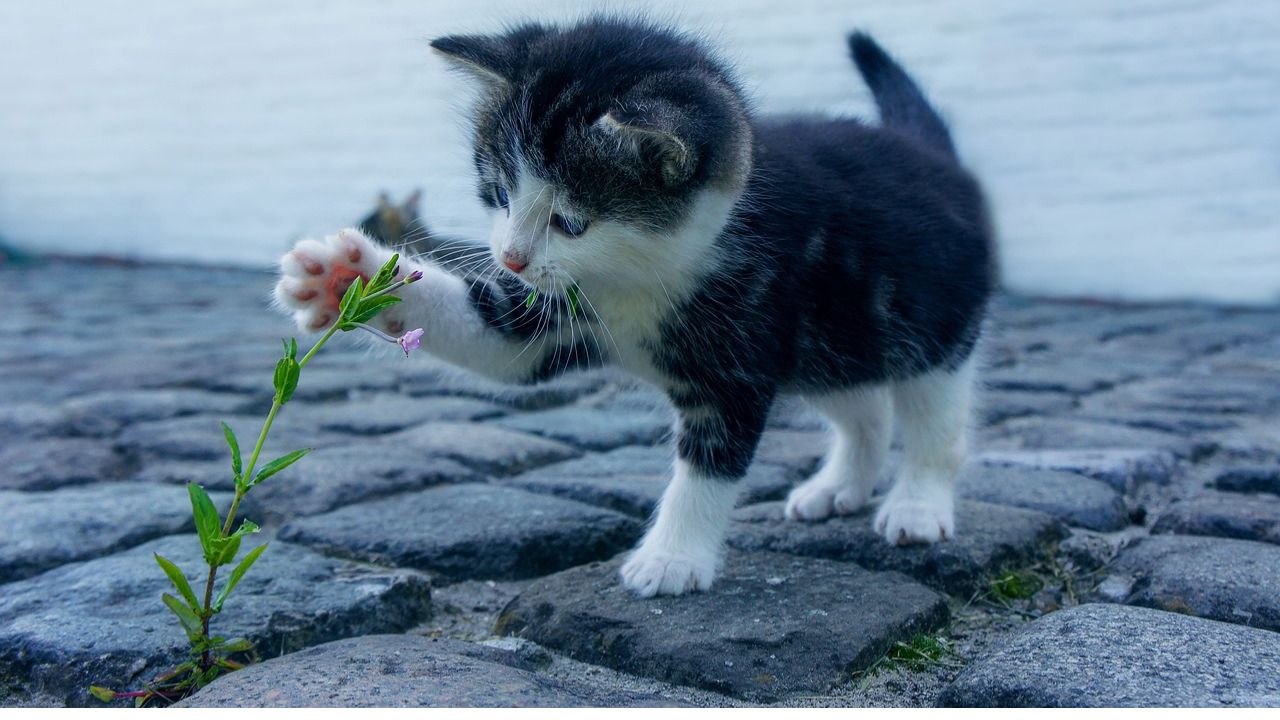
What can cats not eat? It’s a question every responsible cat owner should ask. Cats are curious creatures with sensitive digestive systems, and some human foods can be dangerous—even deadly—for them. Understanding what not to feed your cat is key to keeping them safe and healthy. Even small amounts of harmful foods can cause serious health issues. This guide will help you recognize what to avoid, so your feline friend stays out of harm’s way. Protecting your cat starts with knowing what’s off-limits at the dinner table.
Common Toxic Foods
Cats are curious creatures with a penchant for exploring their surroundings. This curiosity extends to their taste buds, making them prone to nibbling on various foods. Cat owners must be aware of common toxic foods that can harm their feline friends. Understanding which foods are dangerous can help prevent serious health issues and ensure a safe environment for cats. Here are some foods that cats should avoid.
Chocolate And Caffeine
Chocolate is a delightful treat for humans, but extremely dangerous for cats. It contains theobromine, a compound that cats cannot metabolize effectively. Even small amounts can lead to vomiting, diarrhea, and increased heart rate. Severe cases might cause seizures or even death. Caffeine, found in coffee, tea, and energy drinks, poses similar risks. It can cause restlessness, rapid breathing, and muscle tremors in cats.
Key symptoms to watch for include:
- Vomiting
- Diarrhea
- Rapid breathing
- Seizures
For pet owners, it’s essential to keep chocolate and caffeine products out of reach. Ensure that they are stored in places where cats cannot access them. Preventing contact with these substances can safeguard your cat’s health.
Onions And Garlic
Onions and garlic are staples in many kitchens, known for their flavor-enhancing properties. However, they can be highly toxic to cats. Both contain compounds that can damage a cat’s red blood cells, leading to anemia. This condition reduces the oxygen-carrying capacity of their blood, causing weakness and lethargy.
Symptoms of onion and garlic poisoning include:
- Weakness
- Lethargy
- Pale gums
- Reduced appetite
Even a small amount of onion or garlic, whether raw, cooked, or powdered, can be harmful. Always ensure these ingredients are kept away from your cat’s reach. If your cat exhibits any symptoms after exposure, immediate veterinary care is crucial.
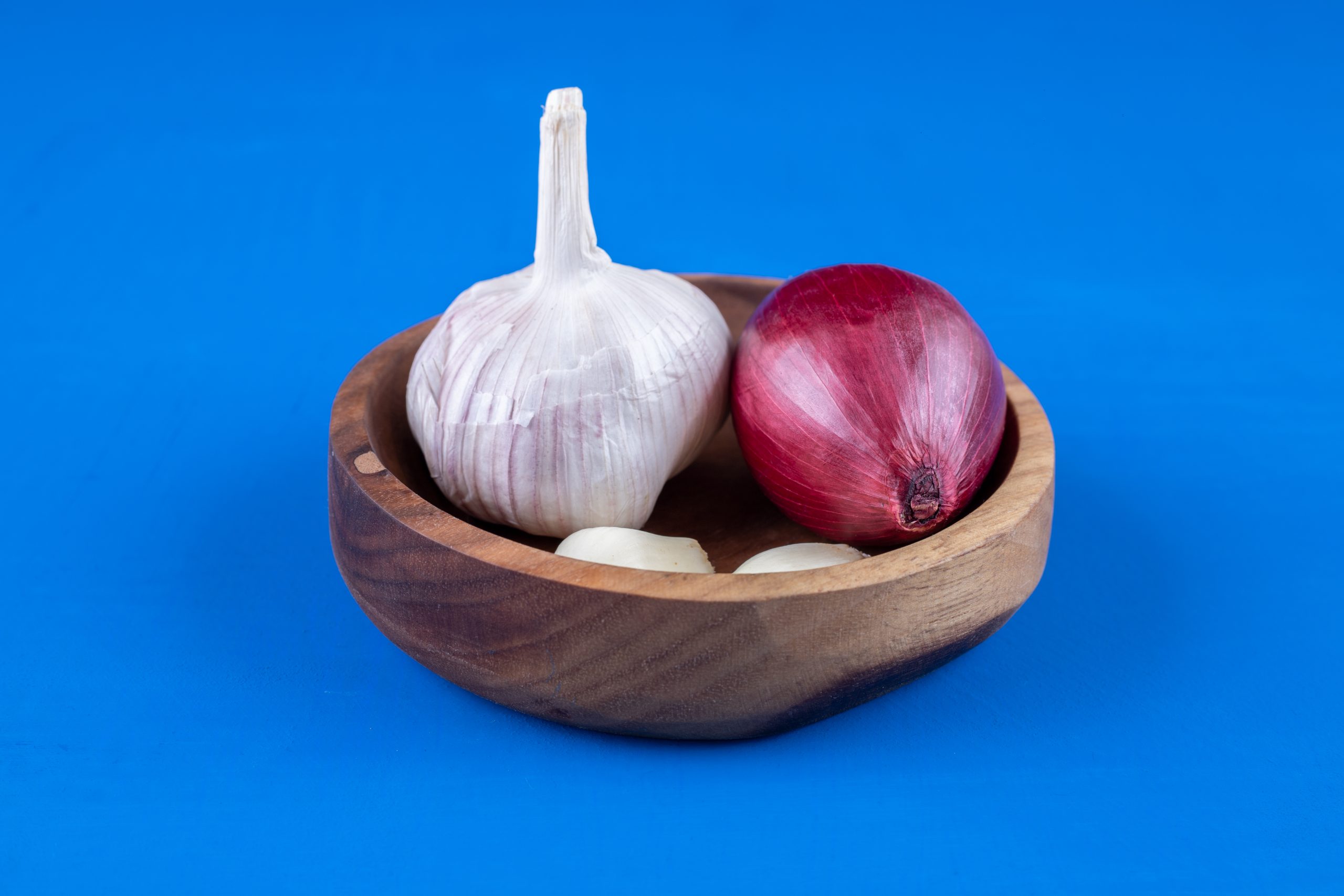
Grapes And Raisins
Grapes and raisins might seem harmless, but they can be toxic to cats. Consumption can lead to kidney failure, a severe condition that impairs the body’s ability to filter waste. While the exact toxin is unknown, even small amounts can be dangerous.
Watch for these symptoms of grape or raisin ingestion:
- Vomiting
- Lack of appetite
- Lethargy
- Abdominal pain
It’s vital to keep these fruits out of reach and ensure they do not accidentally fall on the floor. If your cat ingests grapes or raisins, contact a vet immediately. Early intervention can prevent further health complications.
Dairy Products
Cats are curious creatures with an instinct to explore their surroundings, including the foods they eat. While some people think of cats as small furry humans, their dietary needs are quite different. Understanding what cats should not eat is crucial for their health. Dairy products, often considered safe for humans, can pose risks to our feline friends. Cat owners need to be aware of these risks to prevent any potential health issues.
Milk And Cream
Many people believe that cats love milk. While cats may enjoy the taste, milk and cream can cause digestive problems for them. Most adult cats are lactose intolerant. This means they cannot properly digest lactose, a sugar found in milk. Drinking milk or cream can lead to:
- Diarrhea
- Stomach upset
- Bloating
These symptoms can make cats uncomfortable and lead to dehydration if severe. Offering water instead of milk is always a safer choice. Some cats may tolerate small amounts of dairy, but it is not recommended. Even if a cat shows no immediate signs of distress, long-term consumption could lead to health problems.
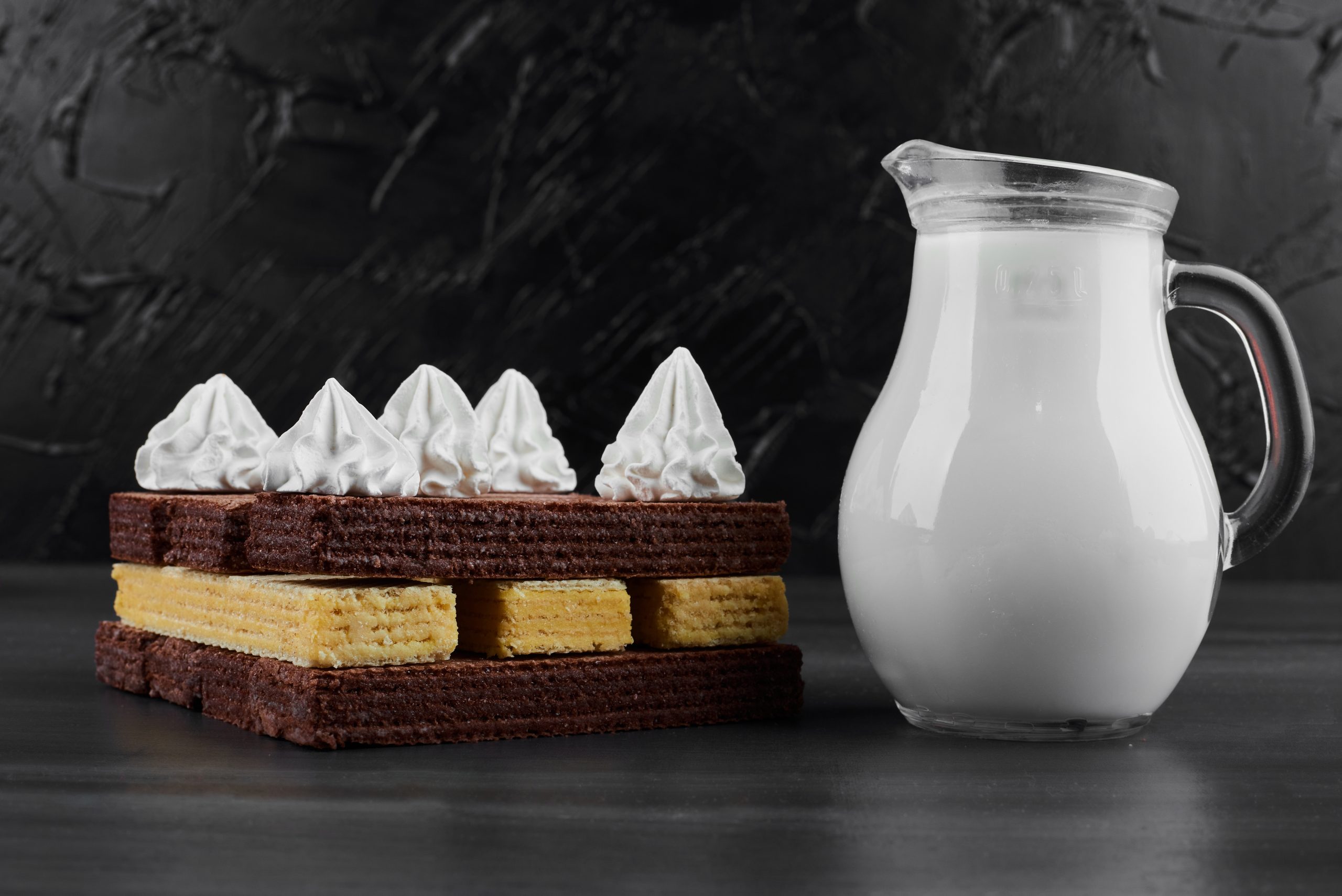
Cheese Risks
Cheese is another dairy product that can be harmful to cats. Despite its tempting aroma, cheese contains high levels of fat and salt. This can be unhealthy for cats, especially those prone to obesity. The risks associated with cheese consumption include:
- Weight gain
- Heart issues
- Digestive problems
Occasional small bites might not harm them, but regular consumption is risky. Cheese can also contain preservatives and other additives not suitable for cats. These substances can lead to allergies or more serious health problems. To keep your cat healthy, it’s best to avoid giving them cheese.
Raw Meat And Fish
Cats are curious creatures and often want to taste everything. But not all foods are safe for them. Raw meat and fish are popular in many cat diets. Yet, these can be dangerous. Understanding what cats should not eat is key to their health. Let’s explore the risks of raw meat and fish.
Bacterial Risks
Raw meat and fish can harbor harmful bacteria. These include Salmonella and E. coli. Cats with these bacteria might get very sick. Symptoms could be vomiting and diarrhea. To keep your cat safe, be aware of these risks:
- Vomiting and diarrhea can dehydrate your cat.
- Fever might develop if bacteria spread.
- In severe cases, organ failure can occur.
Even if your cat shows no symptoms, they can spread bacteria. This can affect humans, too. Washing hands after handling raw meat is crucial. Cooking meat thoroughly can kill these bacteria. Cats should only eat cooked and safe foods.
Parasite Concerns
Raw meat and fish might contain parasites. These tiny creatures can harm your cat’s health. Some common parasites include:
- Toxoplasma gondii causes toxoplasmosis.
- Trichinella spiralis leads to trichinosis.
- Tapeworms grow in the intestines.
Parasites can cause weight loss and weakness. Cats may also have digestive problems. Regular vet check-ups can help detect parasites early. Freezing meat for a period can kill some parasites. Always consult your vet about safe feeding practices. Avoiding raw foods keeps your feline friend healthy.
Certain Vegetables
Cats are curious creatures with unique dietary needs. While they might seem eager to taste everything, certain vegetables can be harmful. Understanding what cats cannot eat is crucial for their health. Many pet owners might think vegetables are harmless, but some can cause serious issues. Keeping your feline friend safe means knowing which vegetables to avoid.
Potatoes And Tomatoes
Potatoes and tomatoes are common in households, but they are not safe for cats. Potatoes contain solanine, a toxic compound that can affect cats. This substance is found in raw potatoes and their skins. Cooking reduces solanine levels, yet it’s still best to keep potatoes away from cats.
Tomatoes have similar risks. They contain tomatine, another harmful compound. Green tomatoes and tomato plants are particularly dangerous. Eating these can lead to gastrointestinal upset and heart problems. Even small amounts can be risky.
Here are some symptoms to watch for:
- Vomiting
- Diarrhea
- Lethargy
- Weakness
If your cat shows these signs, consult a vet immediately. Keeping potatoes and tomatoes out of reach ensures your cat stays healthy.
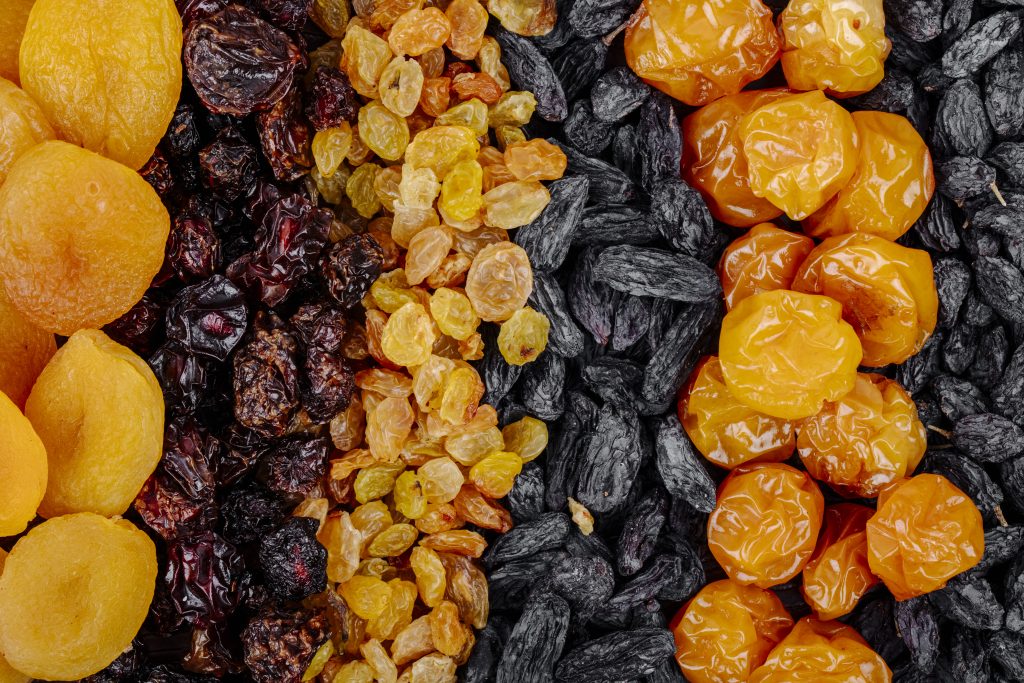
Mushrooms
Mushrooms are another vegetable that can pose a threat. Not all mushrooms are safe for cats. Wild mushrooms, in particular, can be very dangerous. Some contain toxins that can lead to severe health problems.
Symptoms of mushroom poisoning include:
- Drooling
- Seizures
- Jaundice
- Stomach upset
These symptoms are serious. If your cat eats mushrooms, seek veterinary help right away. Cultivated mushrooms like button or portobello are less toxic but should still be avoided.
Preventing exposure is key. Ensure mushrooms are stored safely and not accessible to cats. Educate family members about the risks involved. A safe environment contributes to a cat’s well-being.
Sweeteners
Cats are curious creatures who love to explore their environment. This includes tasting various foods they might find appealing. However, not all human foods are safe for cats. Sweeteners, for example, can pose significant risks to feline health. It’s important to understand which sweeteners are dangerous and why cats should avoid them.
Xylitol Dangers
Xylitol is a common sweetener in many sugar-free products. It is extremely toxic to cats. Even small amounts can cause serious health issues. Here are the main dangers of xylitol:
- Hypoglycemia: Xylitol can cause a rapid release of insulin. This leads to a significant drop in blood sugar levels.
- Liver Damage: High doses can lead to liver failure. This can be life-threatening for cats.
- Symptoms of Poisoning: Cats may experience vomiting, lethargy, and loss of coordination.
If you suspect your cat has ingested xylitol, seek veterinary care immediately. Prevention is key. Keep xylitol-containing products out of reach. Always check labels before sharing food with your cat.
Sugar And Cats
Cats do not need sugar in their diet. Their digestive systems are not designed to process it. Feeding sugar to cats can lead to several health problems. Here are some reasons to avoid giving sugar to cats:
- Obesity: Excess sugar can lead to weight gain in cats.
- Diabetes: High sugar intake increases the risk of diabetes.
- Dental Issues: Sugar can cause tooth decay and other dental problems.
While sugar is not toxic like xylitol, it still poses health risks. It’s best to avoid giving sugary treats to your cat. Opt for cat-friendly snacks instead, ensuring they stay healthy and happy.
Processed Foods
Cats are curious creatures, often exploring different tastes and textures. But not all foods are safe for them. Processed foods can be harmful to cats. These foods often contain additives and preservatives. These ingredients are not suitable for feline health. Cat owners need to know what foods to avoid. This ensures the well-being and safety of their pets. Understanding what cats cannot eat helps in making better food choices.
Salty Snacks
Salty snacks are a common household item. Cats should not consume these snacks. High salt content can lead to health issues. It may cause excessive thirst and urination. In some cases, it could result in sodium poisoning. Symptoms include vomiting, diarrhea, and tremors. Providing salty snacks may lead to health complications.
- High blood pressure
- Kidney damage
- Heart problems
Keep salty snacks out of your cat’s reach. It’s wise to provide healthier alternatives. Fresh fruits or vegetables can be a better option. These snacks are low in salt and provide nutrition. Always consult with a vet before introducing new foods.
Fast Food Hazards
Fast food is convenient for humans. But it poses serious risks for cats. These foods are often high in fat and sugar. Cats cannot process these ingredients well. Eating fast food can lead to obesity. It may also cause diabetes and other metabolic issues.
| Ingredient | Potential Risk |
|---|---|
| High Fat | Obesity, heart problems |
| High Sugar | Diabetes, dental issues |
| Preservatives | Digestive issues |
Fast food contains additives harmful to cats. Processed meats, sauces, and spices should be avoided. Always choose cat-friendly meals. Homemade food can be a safe option. It’s essential to prioritize your cat’s health and nutrition.
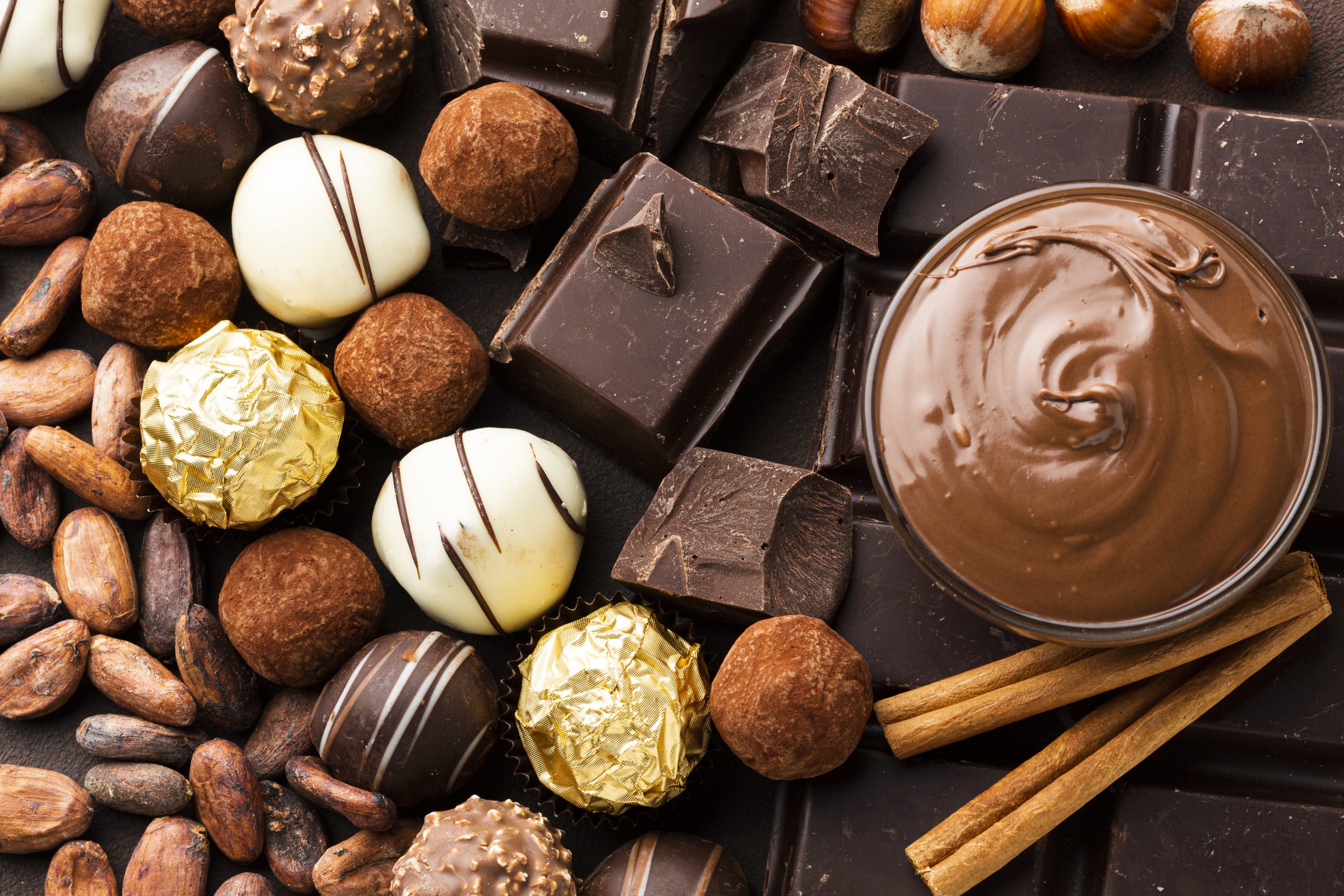
Human Snacks
Cats are curious creatures. They often try to eat whatever they find. But not all human snacks are safe for them. Many snacks can harm cats. Understanding what cats should avoid is important. It keeps them healthy and happy. Let’s explore some common snacks that are dangerous for cats. Knowing what to keep away from your feline friend is essential.
Chips And Pretzels
Cats should not eat chips and pretzels. These snacks contain high levels of salt. Salt is harmful to cats. Too much salt can lead to salt poisoning. Symptoms include vomiting and diarrhea. Cats cannot digest some ingredients. Chips often contain seasonings like onion or garlic powder. These are toxic to cats. Pretzels are not much better. They might seem plain, but the salt content is still high.
Here’s why chips and pretzels are dangerous:
- High salt content can lead to dehydration.
- Seasonings like onion and garlic are toxic.
- Artificial flavors can cause digestive issues.
It’s crucial to keep chips and pretzels away from your cats. Opt for cat-friendly treats instead. These are specifically designed to be safe and nutritious for them.
Candy Risks
Candy is another snack to avoid. Sugar in candy is bad for cats. Cats lack the ability to digest sugar properly. This can lead to obesity and dental problems. Some candies contain xylitol. Xylitol is extremely toxic to cats. It can cause rapid insulin release. This leads to hypoglycemia, which is a serious condition.
Here are the risks associated with candy:
- High sugar content affects dental health.
- Xylitol can lead to liver failure.
- Artificial colors may cause allergic reactions.
Always store candy out of reach. Cats can be sneaky and curious. Keep a close eye on your feline friend to ensure their safety.
Alcohol And Caffeine
Cats are curious creatures that often explore their surroundings by tasting things. However, not everything is safe for them to eat. Certain foods and drinks can be harmful or even toxic. Alcohol and caffeine are two such substances. They can cause serious health issues for cats. Understanding what cats should not consume is crucial. This helps keep them safe and healthy.
Alcohol Poisoning
Alcohol is dangerous for cats. Even a small amount can cause problems. Alcohol poisoning happens when a cat ingests alcoholic substances. This might be from drinks, foods, or even household items.
Symptoms of alcohol poisoning include:
- Confusion or disorientation
- Vomiting
- Diarrhea
- Slow breathing
- Loss of coordination
In severe cases, alcohol can lead to seizures or coma. It can even be fatal. It is important to act fast if a cat consumes alcohol. Contact a vet immediately. They can provide the right treatment. Cats are small, so their bodies can’t handle alcohol like humans can.
Keep alcoholic beverages and products out of reach. This reduces the risk of accidental ingestion. Prevention is key to avoiding alcohol poisoning in cats.
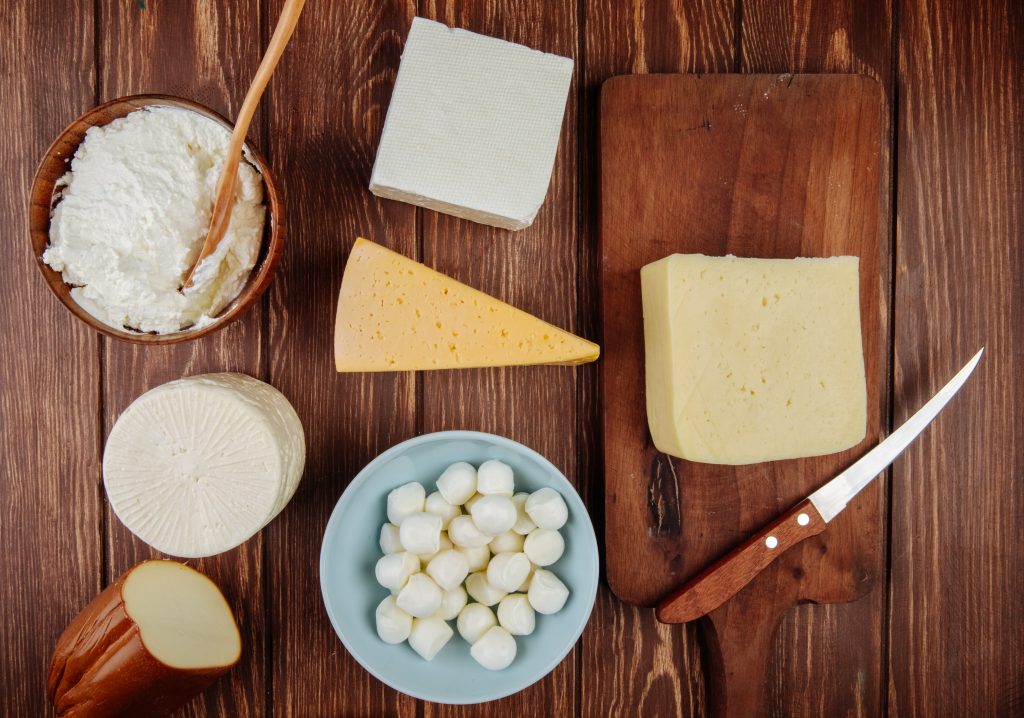
Caffeine Effects
Caffeine is another substance that is unsafe for cats. It is found in coffee, tea, chocolate, and some medicines. Caffeine affects cats differently than humans. Their bodies are much smaller and less capable of processing it.
Signs of caffeine poisoning include:
- Restlessness and hyperactivity
- Rapid breathing
- Heart palpitations
- Tremors or shaking
- Increased thirst
High doses of caffeine can be lethal. It can cause severe health issues. Always ensure your cat does not have access to caffeinated products. If you suspect your cat has consumed caffeine, contact a veterinarian. They can provide guidance and care.
Awareness and prevention are essential. Keeping caffeine products away from cats is the best approach. This helps ensure their safety and well-being.
Frequently Asked Questions: What Can Cats Not Eat?
Which Food Is Poisonous For Cats?
Certain foods are toxic to cats, including chocolate, onions, garlic, grapes, raisins, and alcohol. Avoid caffeine, bones, and fatty scraps. Human medications like aspirin and acetaminophen can be deadly. Ensure cats never consume these harmful substances to maintain their health and safety. Always consult a vet for concerns.
What Things Are Cats Not Allowed To Eat?
Cats should avoid chocolate, onions, garlic, grapes, raisins, caffeine, alcohol, and raw eggs. Dairy can cause digestive issues. Cooked bones may splinter, causing harm. Xylitol, an artificial sweetener, is toxic. Avoid fatty or spicy foods. Keep human medications out of reach. Always consult a vet for specific dietary advice.
What Is Most Harmful To Cats?
Cats are harmed by chocolate, onions, and garlic. Grapes and raisins can cause kidney failure. Avoid giving them alcohol and caffeine. Lilies are toxic to cats. Ensure they don't ingest human medications or household cleaners. Keep them safe from antifreeze, which is highly toxic.
What Food Causes Kidney Failure In Cats?
Onions, garlic, and grapes can cause kidney failure in cats. Avoid feeding them chocolate and foods with high salt. Ensure their diet is free from harmful substances to protect their kidney health. Always consult a vet before introducing new foods to your cat's diet.
What Foods Are Toxic To Cats?
Chocolate, onions, garlic, grapes, and raisins are toxic to cats. They can cause serious health problems.
Conclusion
Cats have unique dietary needs. Avoid feeding them human foods. Some items are harmful. Chocolate, onions, and garlic are toxic. Dairy can cause stomach issues. Bones may lead to choking. Keep your cat safe. Choose foods specifically made for them.
Consult a vet for diet advice. Your cat’s health depends on good nutrition. Be mindful of their eating habits. Enjoy a happy, healthy pet. Proper diet ensures longevity. Remember, healthy cats are happy cats. Always prioritize their well-being.



